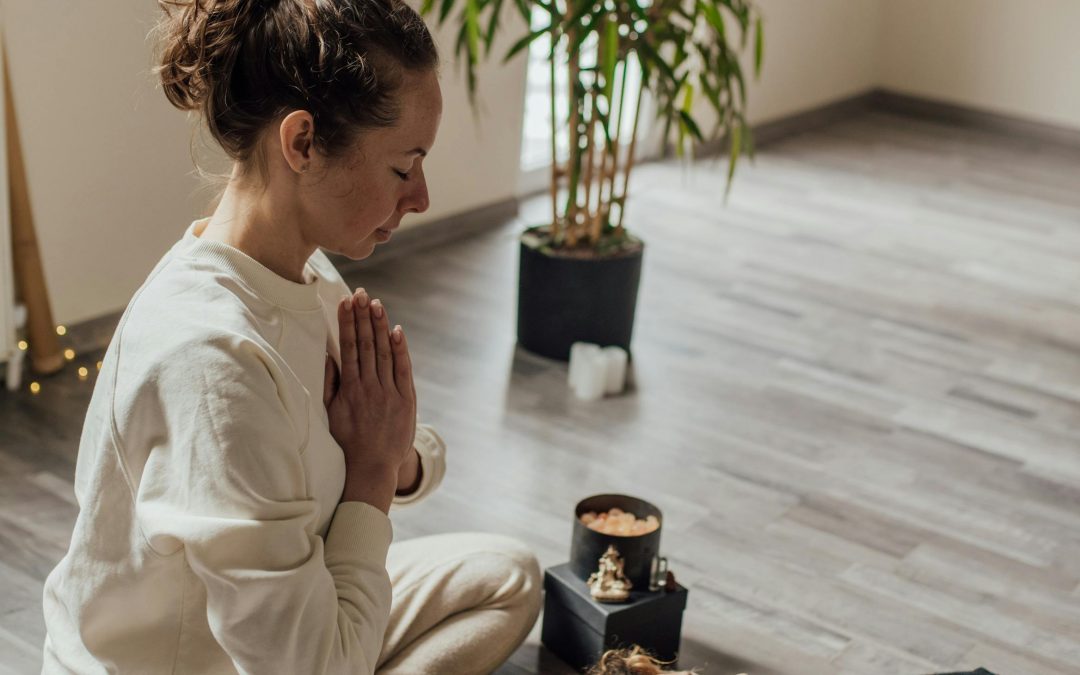Healing and personal growth are complex processes that require a multifaceted approach. The four pillars of healing—Curiosity, Calm, Compassion, and Creativity—provide a holistic framework to support this journey. Each pillar addresses a different aspect of our mental, emotional, and spiritual well-being. This comprehensive guide will explore each pillar in depth, providing insights and practical strategies to incorporate them into your life.
The Four Pillars of Healing
- Curiosity
- Calm
- Compassion
- Creativity
Pillar 1: Curiosity
Curiosity is the desire to explore, learn, and understand. It drives us to seek new experiences, ask questions, and expand our knowledge. Curiosity is essential for personal growth as it opens our minds to new possibilities and perspectives.
Why Curiosity Matters
Curiosity fuels our quest for knowledge and self-improvement. It encourages us to step out of our comfort zones and embrace the unknown, fostering resilience and adaptability. By cultivating curiosity, we can develop a deeper understanding of ourselves and the world around us.
Benefits of Curiosity
- Expands Knowledge: Curiosity drives us to seek new information, broadening our understanding of various topics.
- Encourages Exploration: Stepping out of our comfort zones to explore new experiences can lead to personal growth and discovery.
- Fosters Resilience: A curious mind approaches challenges with a desire to learn, making it easier to overcome obstacles.
Practical Tips to Cultivate Curiosity
- Ask Questions: Never stop questioning the world around you. Engage in conversations, seek answers, and explore different viewpoints.
- Try New Things: Engage in new activities or hobbies that challenge your current skills and knowledge.
- Read Widely: Explore different genres and topics to broaden your perspective and understanding.
Stay Open-Minded: Be open to new ideas and viewpoints, even if they challenge your existing beliefs.


Pillar 2: Calm
Calmness is the ability to maintain a state of peace and tranquility, even in the face of stress and adversity. It is essential for mental clarity, emotional stability, and overall well-being.
Why Calmness Matters
Calmness helps reduce stress, improves focus, and enhances emotional regulation. It creates a stable foundation for personal growth, allowing us to approach life’s challenges with a clear and balanced mind.
Benefits of Calmness
- Reduces Stress: Calmness lowers stress levels and promotes relaxation.
- Improves Focus: A calm mind is better able to concentrate and make thoughtful decisions.
- Enhances Emotional Stability: Staying calm helps manage emotions more effectively.
Practical Tips to Cultivate Calm
- Practice Mindfulness: Engage in mindfulness practices such as meditation, deep breathing, or yoga to stay present and aware.
- Deep Breathing Exercises: Regularly practice deep breathing to reduce stress and promote relaxation.
- Create a Peaceful Environment: Design your space to be calming and serene, reducing external stressors.
- Regular Exercise: Physical activity can help reduce anxiety and promote calmness.
Pillar 3: Compassion
Compassion is the ability to empathize with others and ourselves, offering kindness and understanding in times of need. It is a cornerstone of emotional healing and well-being.
Why Compassion Matters
Compassion fosters connection, reduces stress, and enhances emotional well-being. It allows us to build stronger relationships and promotes a sense of purpose and fulfillment.
Benefits of Compassion
- Fosters Connection: Compassion helps build stronger, more empathetic relationships.
- Reduces Stress: Acts of kindness and empathy release feel-good hormones, reducing stress levels.
- Enhances Emotional Well-being: Compassion promotes a sense of purpose and fulfillment, contributing to overall happiness.
Practical Tips to Cultivate Compassion
- Practice Self-Compassion: Treat yourself with the same kindness and understanding as you would a friend.
- Show Empathy: Listen to others with an open heart and mind, validating their feelings and experiences.
- Engage in Acts of Kindness: Perform small acts of kindness for others, such as volunteering or offering support.
- Reflect on Shared Humanity: Recognize that we all experience pain and joy, fostering a sense of connection and understanding.


Pillar 4: Creativity
Creativity is the ability to generate new ideas, express oneself, and solve problems in innovative ways. It is a powerful tool for personal growth and self-expression.
Why Creativity Matters
Creativity enhances problem-solving skills, promotes self-expression, and contributes to overall well-being. It allows us to explore new possibilities and find unique solutions to challenges.
Benefits of Creativity
- Enhances Problem-Solving: Creative thinking helps generate innovative solutions to challenges.
- Promotes Self-Expression: Creativity allows us to express our thoughts, feelings, and ideas in unique ways.
- Contributes to Well-being: Engaging in creative activities can reduce stress, improve mood, and boost overall happiness.
Practical Tips to Cultivate Creativity
- Engage in Creative Activities: Participate in activities such as drawing, writing, music, or dance to express yourself.
- Explore New Ideas: Challenge yourself to think outside the box and explore different perspectives.
- Create a Creative Space: Designate a space where you can freely explore and engage in creative pursuits.
- Collaborate with Others: Work with others to share ideas and inspire each other’s creativity.
Integrating the Four Pillars into Daily Life
Incorporating the four pillars of healing into daily life can lead to profound personal growth and well-being. Here are some strategies to help integrate Curiosity, Calm, Compassion, and Creativity into your routine:
Daily Practices
- Morning Mindfulness: Start your day with a mindfulness practice to cultivate calm and set a positive tone.
- Daily Reflection: Reflect on your day, noting moments of curiosity, calm, compassion, and creativity. This practice reinforces these pillars and helps you recognize their impact.
- Creative Journaling: Use a journal to explore your thoughts and feelings creatively. Draw, write, or collage your experiences and insights.
Building a Supportive Environment
- Surround Yourself with Positive Influences: Connect with individuals who embody these pillars and inspire you to do the same.
- Create a Calming Space: Design your home or workspace to be a sanctuary of calm, filled with elements that promote peace and relaxation.
- Join Supportive Communities: Engage in groups or communities that encourage curiosity, compassion, and creativity.
Seeking Professional Guidance
- Therapy and Counseling: Professional guidance can help you understand and integrate these pillars into your life. Therapists can provide tools and strategies tailored to your needs.
- Workshops and Classes: Participate in workshops or classes focused on mindfulness, creativity, or emotional well-being to deepen your understanding and practice.
The journey of healing and personal growth is enriched by the four pillars: Curiosity, Calm, Compassion, and Creativity. Each pillar addresses a different aspect of well-being, providing a holistic approach to a fulfilling and resilient life. By cultivating these pillars, individuals can navigate life’s challenges with greater ease, develop deeper connections, and find joy in self-discovery and expression.
Incorporating these practices into daily life requires commitment and patience, but the rewards are profound. This comprehensive guide aims to provide a thorough understanding of the four pillars and offer practical steps towards integrating them into your routine, empowering you to embark on a transformative journey of healing and growth.
Read More

The Silent Wound: Understanding the Lasting Impact of Childhood Emotional Neglect
Written by Sarah GilliganWhen we think of childhood trauma, we often picture overt abuse—yelling, violence, or abandonment. But there’s another kind of trauma that leaves no visible scars, yet quietly shapes the way we see ourselves and relate to the world:...

The Silent Wound: Understanding the Lasting Impact of Childhood Emotional Neglect
Written by Sarah GilliganWhen we think of childhood trauma, we often picture overt abuse—yelling, violence, or abandonment. But there’s another kind of trauma that leaves no visible scars, yet quietly shapes the way we see ourselves and relate to the world:...
